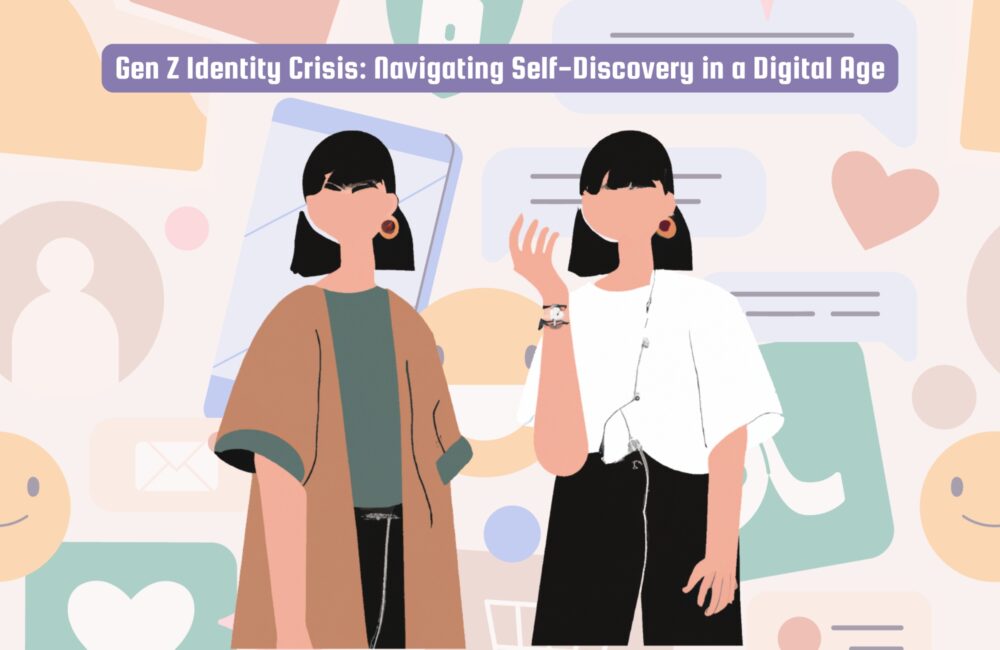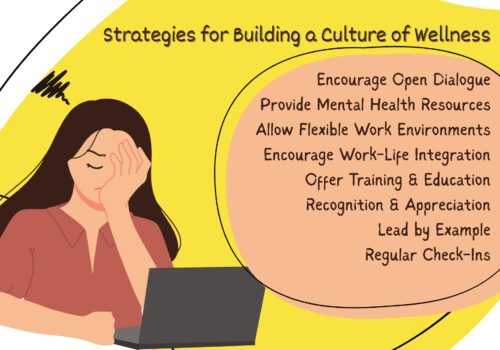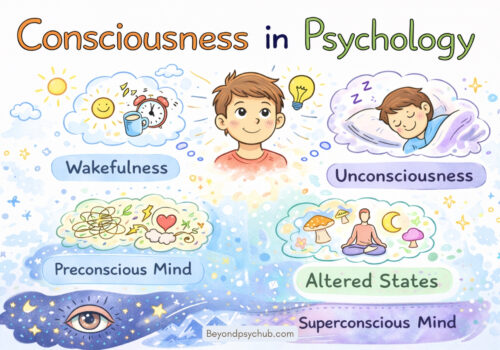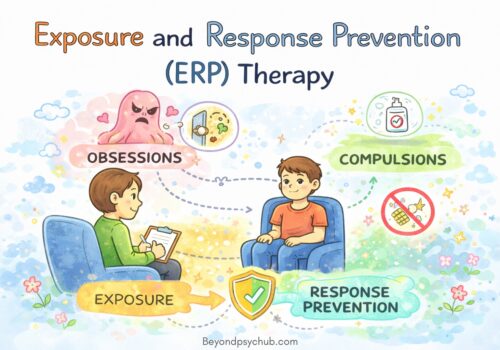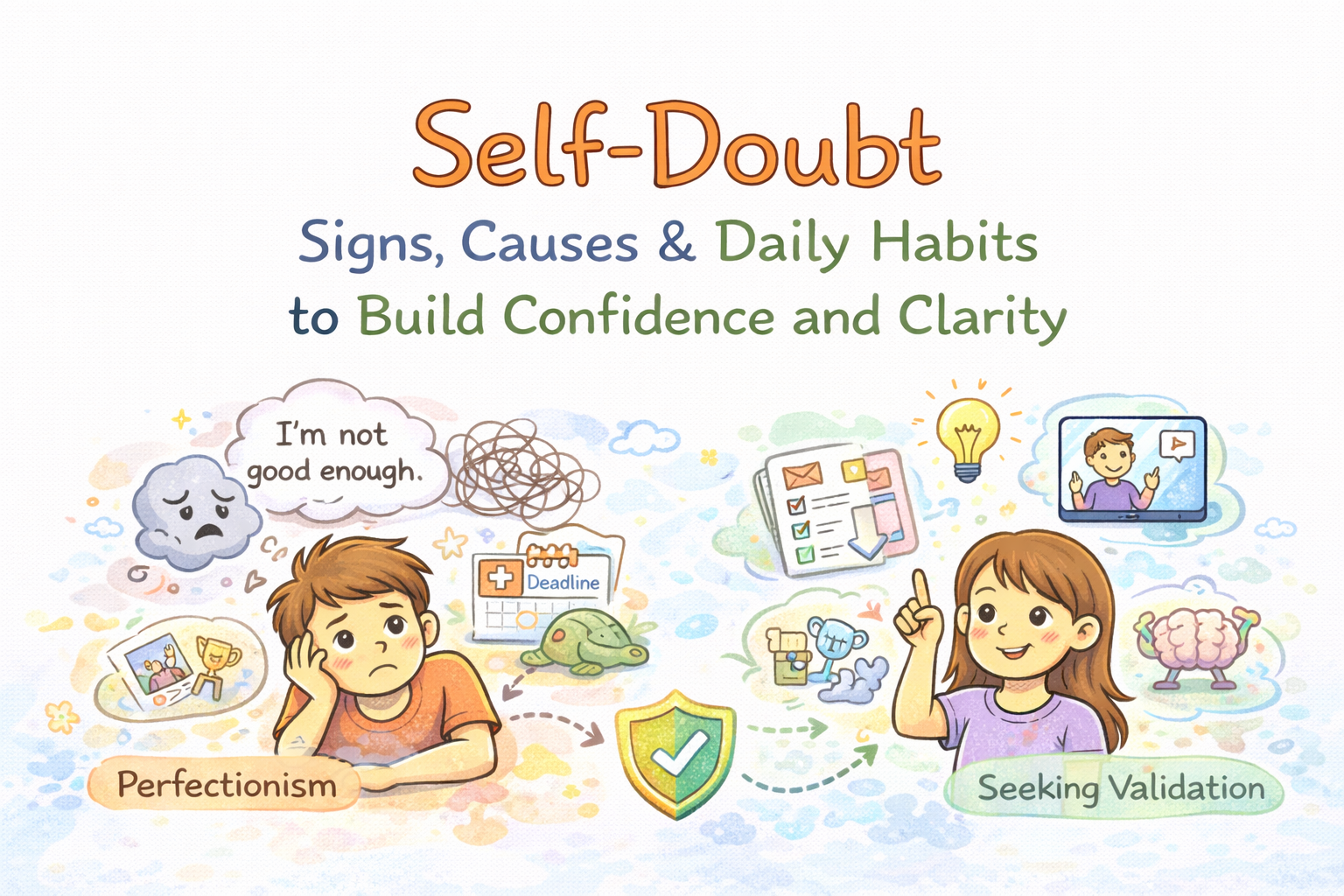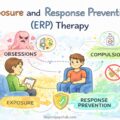Every generation faces unique challenges with colliding technology, societal norms, and global events. For those born between 1997 and 2012, also known as Generation Z, or Gen Z in short, this dynamic environment has made the process of understanding and defining identity more intricate than ever before.
Gen Z, Often characterized as tech-savvy, socially conscious, and innovative, is actively reshaping culture, politics, and the workplace. Yet, many members of this generation also report feeling uncertain about who they are, where they belong, and and what truly matters to them. So, is Gen Z truly experiencing an identity crisis? What are the factors contributing to this phenomenon? Does it represent a crisis or simply a cultural shift?
Defining Identity in an Interconnected World
How you form your identity has evolved significantly over the years. For previous generations, identity was often firmly rooted in community ties, family values, religion beliefs, or established professional roles. However, for Gen Z, the landscape is remarkably different.
Living in a hyperconnected world where social media platforms shape self-perception, this generation faces pressures unimaginable to their predecessors. The ability to instantly access the vast amounts of information, combined with raoid societal shifts around gender, race, and cultural norms, has created an environment where identity can feel fluid, fragmented, or even elusive.
Unlike older generations, Gen Z isn’t satisfied with simply fitting into predefined societal boxes. They actively crave authenticity, individual expression, and inclusivity, but this endeavor is full of challenges.
Key Factors Contributing to Gen Z’s Identity Challenges
Factors like social media has given Gen Z unprecedented access to information and opportunities for self-expression. However, it has also introduced constant comparison and pressure to curate a “perfect” persona.
Social Media and Digital Overexposure
Platforms like Instagram, TikTok, and Snapchat showcase highly curated lives, creating unrealistic expectations about appearance, success, and happiness.
Studies indicate significant mental health consequences stemming from these pressures. According to a report by Common Sense Media, over 35% of teenagers report that social media often makes them feel worse about their self-image. The search for pursuit of validation through likes and shares can lead to anxiety and self-doubt, making it harder for young individuals to develop a stable sense of self.
Economic Instability and Career Uncertainty
Gen Z came of age during major economic upheavals, including the 2008 financial crisis and the disruptions caused by the COVID-19 pandemic. As a result, many members of this generation face daunting challenges in the job market, rising student debt, and housing affordability issues.
A 2023 Deloitte survey revealed that 70% of Gen Z respondents cited financial instability as a top concern, affecting their career choices and life plans. Such uncertainty makes it difficult to define clear goals and contributes to feelings of insecurity about identity and purpose.
The rise of the gig economy and remote work trends have also blurred traditional career paths, leaving many young adults questioning what success looks like and whether traditional metrics like job titles and salaries still matter.
Evolving Cultural Norms Around Gender and Sexuality
Gen Z is leading the way in embracing fluid concepts of gender and sexuality. Terms like non-binary, genderqueer, and pansexual have become part of everyday conversations, reflecting a rejection of rigid societal norms.
While this inclusivity is a positive step toward acceptance and diversity, it can also lead to confusion for those still exploring their identities. The rise of social movements advocating for LGBTQ+ rights has provided validation for many but has also sparked societal debates, further complicating the journey to self-discovery.
A study by the Trevor Project found that 26% of LGBTQ+ Gen Z members feel unsure about their gender identity, highlighting the complexity of changing cultural norms.
Political and Social Polarization
Gen Z stands out as the most politically aware and engaged generation in recent history. From climate activism to social justice movements, young people are shaping political discourse today. However, being constantly exposed to divisive political rhetoric can be mentally exhausting.
The pressure to “choose a side” on contentious issues like racial equality, climate change, and LGBTQ+ rights has led to polarization and social fatigue. Many young people feel compelled to be activists while grappling with burnout and frustration.
The expectation of having a strong stance on every issue can make it difficult for Gen Z members to separate personal identity from political beliefs. These challenges result in internal conflict within oneself.
Climate Anxiety and Environmental Concerns
Unlike previous generations, Gen Z faces the looming reality of climate change as a central factor shaping their future. Many young people feel a deep sense of responsibility to protect the planet but also experience eco-anxiety, a form of persistent fear about the environmental crises threatening the world.
Research from the American Psychological Association indicates that 72% of Gen Z members feel worried about climate change, with many reporting that it influences their life choices, such as career paths and consumer habits. A constant concern for the planet’s future becoming an integral part of their identity further adds to the complexity of self-definition.
How Gen Z Is Coping and Redefining Identity
Despite these challenges, Gen Z is actively developing innovative strategies for coping and redefining identity on their own terms:
Emphasis on Authenticity
Rather than conforming to social expectations, Gen Z places a high value on authenticity. They largely reject the pressure to present perfect versions of themselves online and embrace raw, unfiltered content. This is evident in the rise of platforms that celebrate authenticity, such as BeReal, which encourages users to share spontaneous, real-time photos.
By prioritizing honesty and vulnerability, Gen Z challenges superficial social media norms and redefines what it means to be “real.”
Increased Mental Health Awareness
Gen Z is more open about discussing mental health than previous generations. They are normalizing conversations around therapy, anxiety, and depression. These efforts help break the stigma surrounding mental health challenges.
Digital communities, support groups, and mental health influencers on platforms like TikTok have become valuable resources for young people seeking help. This generation’s proactive approach to mental well-being redefines how society views mental health care.
Redefining Success and Life Goals
For Gen Z, traditional metrics of success, like climbing the corporate ladder or buying a house, no longer hold the same appeal. Many young people are prioritizing work-life balance, purpose-driven careers, and personal fulfilment over status and wealth. This shift reflects a desire to lead meaningful lives that match their values rather than be dictated by societal norms.
Building Digital Communities for Support
Online communities have become safe spaces for Gen Z to find validation, support, and connection. Platforms like Reddit, Discord, and TikTok foster niche groups where individuals can share experiences and feel a sense of belonging. These digital networks allow young people to connect with others who understand their struggles and celebrate their unique identities.
Crisis or Cultural Evolution?
While some might view Gen Z’s identity struggles as a crisis, others see it as a natural evolution of society. On one hand, the increased anxiety, confusion over life direction, and constant pressure to perform can indeed signal a generational identity crisis. On the other hand, Gen Z’s willingness to challenge outdated norms, embrace diversity, and redefine success suggests that they are not lost but rather forging new paths. It may ultimately pave the way for a more inclusive, empathetic, and authentic society.
Supporting Gen Z Through Identity Challenges
To help Gen Z tackle identity challenges, different sectors of society can play a role:
- Educational institutions should provide safe spaces for self-exploration and incorporate social-emotional learning into curriculums.
- Workplaces can foster diversity, equity, and inclusion initiatives while offering flexible career paths that align with Gen Z’s values.
- Families and communities should actively encourage open conversations without judgment, creating supportive environments.
- Policymakers must address key issues such as climate change, expanding access to mental health resources, and promoting economic stability.
By offering support and understanding, society can empower Gen Z to thrive and lead the way toward a brighter future.
Conclusion
Gen Z’s journey toward self-discovery may be complex and filled with challenges. Still, it’s also a testament to their resilience, creativity, and unwavering determination to redefine identity on their own terms. By embracing authenticity, promoting mental well-being, and pushing for social change, they prove that questioning identity is not a weakness. It’s a path to growth and innovation. As they lead this transformative period, supporting and understanding their efforts will make them stronger, more confident, and ready to shape a more inclusive and thoughtful world.


